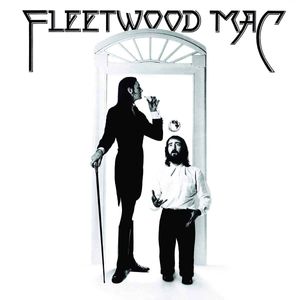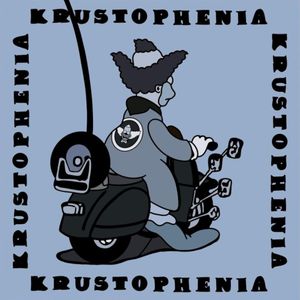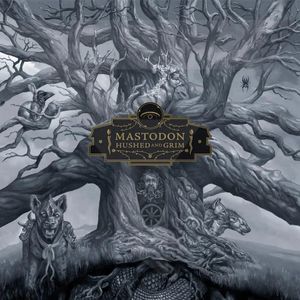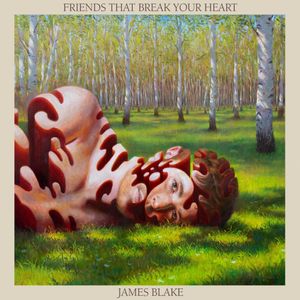Keep Playing: the fire at the heart of ‘Whiplash’
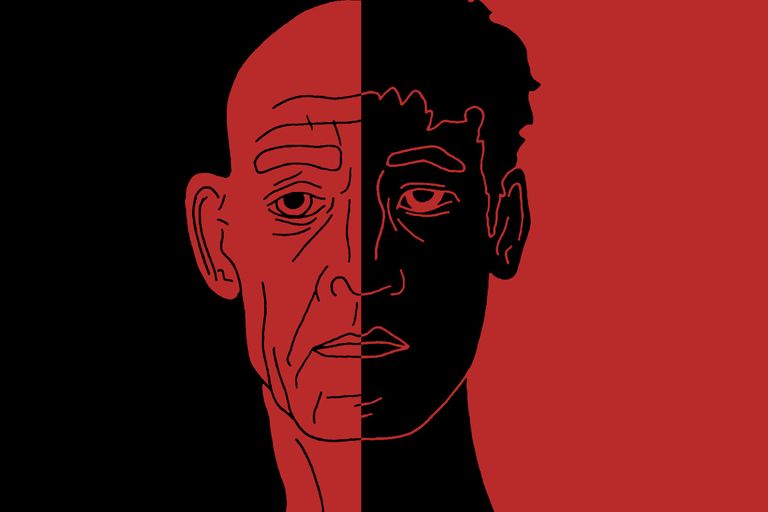
Whiplash hit — and shot — plenty of nerves when it was released in 2014. It lit up the year’s film awards season and will in all likelihood endure as a classic piece of cinema. But why? What about the film strikes so deep, is so morbidly absorbing? Whiplash is ostensibly about jazz, but its core speaks to something more fundamental than even music, and often in ways difficult to stomach. It speculates that love of a craft isn’t enough to master it; disdain for one’s shortcomings is crucial.
Why is Terence Fletcher frightening? It isn’t because he’s mean. That would just make him unpleasant. The true power of Fletcher is that he challenges people with the possibility that where they are now is not enough. He says as much himself. His function is ‘to push people beyond what’s expected of them.’ Ominous, sure, but only to those who share its motivations, however begrudgingly. Fletcher aggressively enforces a standard Andrew Neiman, a budding young drummer, aspires to. That is the challenge he represents, and why Neiman yearns to work with him in the first place.
A general disdain for mediocrity is hardly without precedent in music. David Bowie famously claimed he ‘always had a repulsive sort of need to be something more than human. I felt very puny as a human. I thought, ‘Fuck that. I want to be a superman.” For a transformation of that kind to happen, dead weight needed to be cut, undesirable qualities removed. The film toys with that idea, of growing potential beyond the bounds of character. As Henry Barnes wrote in an interview with J. K. Simmons, ‘Fletcher doesn’t care about [his students], he cares about their talent. And he’ll do anything to force them to realise it. Make them play and play until they hit it.’ If a talent needs to be crushed before it can take the shape of greatness, so be it.
The film is characterised as much by a contempt for mollycoddling as it is by perfectionism. As Fletcher famously lays out, ‘There are no two words in the English language more harmful than ‘good job’.’ With them there is no incentive to improve. J. K. Simmons, in the aforementioned interview, argued that there’s ‘a kind of numbness, a sameness, a lack of motivation in ‘good job’ culture.’ Nieman himself finds it limiting. What value does unconditional love have to him where music is concerned? Who was ever coddled to greatness? His father is a visible source of shame because he settles for less; Fletcher doesn’t, which is why he’s so valuable.
Again, Bowie’s sentiments are telling. he said of the 1960s hippie movement, ‘It didn’t have a backbone. I hate weak things. I can’t stand weakness. I wanted to hit everybody that came along wearing love beads.’ Through the relentlessly ambitious Whiplash lens, unconditional approval enables stagnation and underachievement. In the film’s climactic scene, even as Nieman’s father embraces him and encourages him to go home, he is repelling him back to the stage. To do otherwise would be to accept humiliation was deserved.
This is a point crucial to Whiplash: Neiman is the only person who answers back. He earns enough confidence in his ability to be able to spar with the voice telling him he isn’t good enough. This takes the form of both actions and words. To begin with, he responds to failure by working harder, being better, so that when his chance comes he’s ready. And he is. It is the golden rule: practice, practice, practice. Want to be a musician? Play. Want to be a writer? Write. Painter? Paint. And so on.
The Beatles famously spent years in Hamburg before they were ready to conquer the world. Or take Stephen King, who recalls that, ‘By the time I was fourteen the nail in my wall would no longer support the weight of the rejection slips impaled upon it. I replaced the nail with a spike and went on writing.’ Damien Chazelle, Whiplash’s writer and director, concurs, saying, ‘True practice is actually about just doing what you’re bad at, and working on it, and that’s not fun. Practice is about beating your head against the wall.’ It’s true, and the will to do so long and hard enough to succeed is sustained by the Bowie-like fire Fletcher and Neiman share.
The film explores the idea that if you’re not devoted to the craft for its own sake, you won’t be up to the task when opportunity knocks. The original core drummer gets complacent, and he loses the spot to a hungrier Neiman. As Neiman grows into his talents and begins to understand his worth, he pushes back against Fletcher’s abuse. Chazelle has called Neiman a ‘mini-Fletcher,’ and it rings true. They share a ruthlessness. Neiman telling Fletcher to sit down and shut up is a cathartic moment, but only because he’s good enough to do so, and that’s exactly what Fletcher wants.
The finale is bigger than either of them, and both know it. The exchanges between the two aren’t about each other; they’re about the music. ‘I’ll cue you’ isn’t a monumental power shift, it just signals that the standard has become high enough for sparring to be dispensed with and for focus to be devoted to the possibilities of the moment. They have arrived on the superman plain.
Before I sound like a complete nut: Whiplash is not a model for the world’s teachers, nor do I support abuse and (excessive) despotism. The film is a compact vision of Fletcher’s usefulness and of his pitfalls, a thought exercise as much as anything else. Indeed, Chazelle has been clear that the film goes ‘to an extreme that I do not condone.’ Likewise. The relationship between Fletcher and Neiman shows the grotesque extremity of a useful desire. That Chazelle went off and did La La Land next, a film dripping with positive reinforcement and unconditional support, further backs this up. The dynamic is inverted and its own virtues are laid bare. Love, support, and vision undoubtedly have their place — just not in Whiplash. Fletcher is not the way, but his perspective is indispensable if one can contain it.
However grotesque Fletcher may be, he leaves the impression he does because we recognise him in ourselves and understand his value. In the world of Whiplash the forgotten are those cowed by failure, and if you can’t handle the voice saying you’re not good enough, then maybe it’s right.

Related Posts
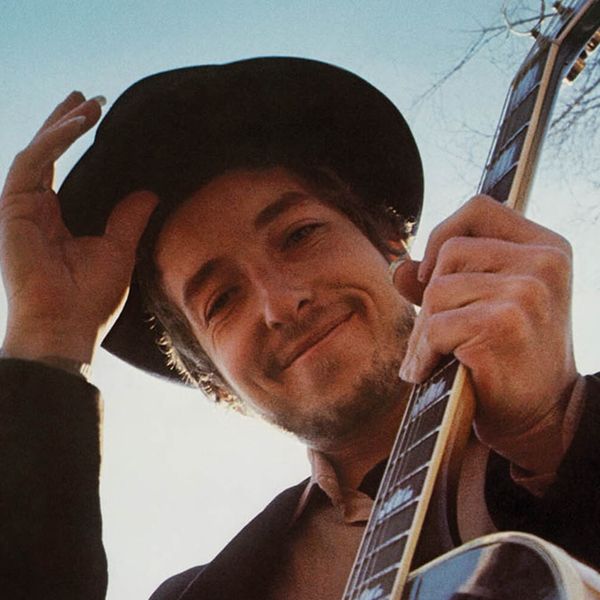
Mr. Tambourine Fan: Bob Dylan’s studio albums ranked
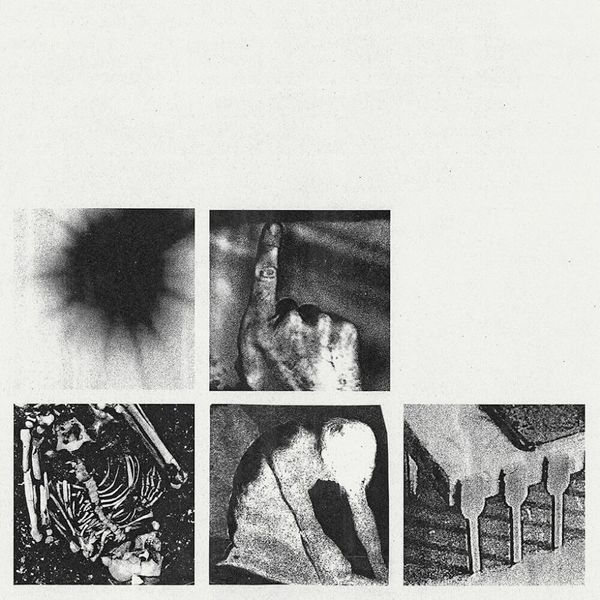
Bad Witch // Nine Inch nails

All the Pigs, All Lined Up: Nine Inch Nails’ studio albums ranked

